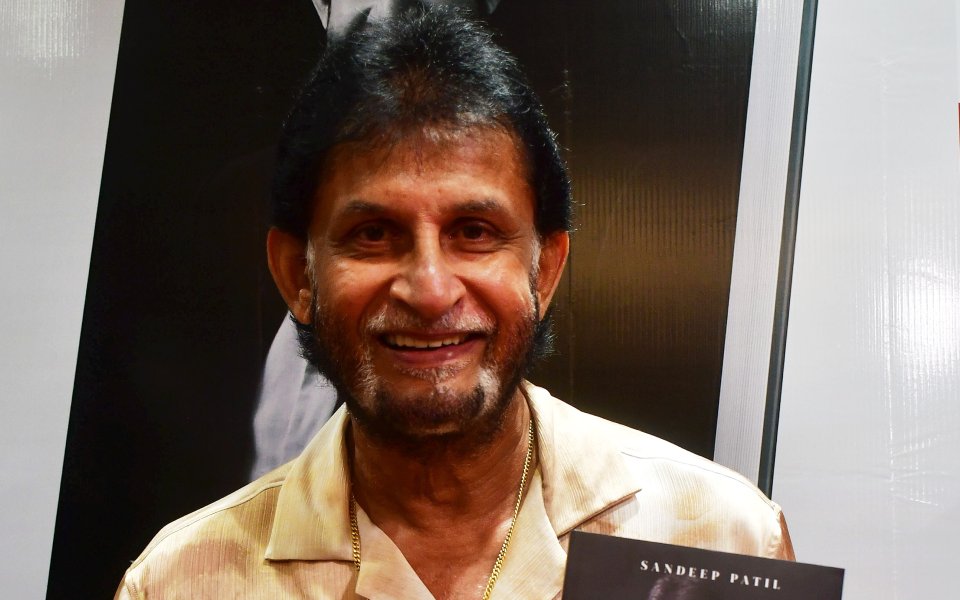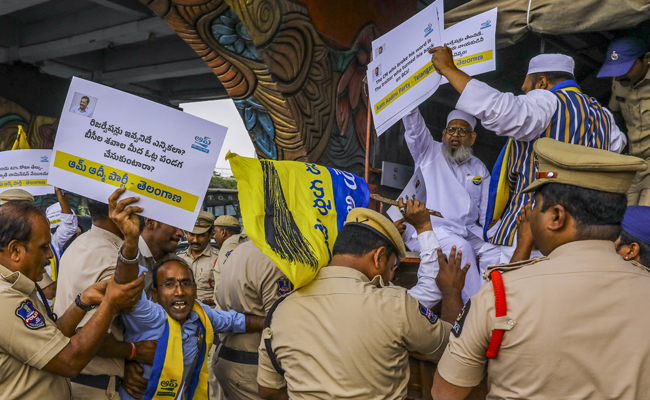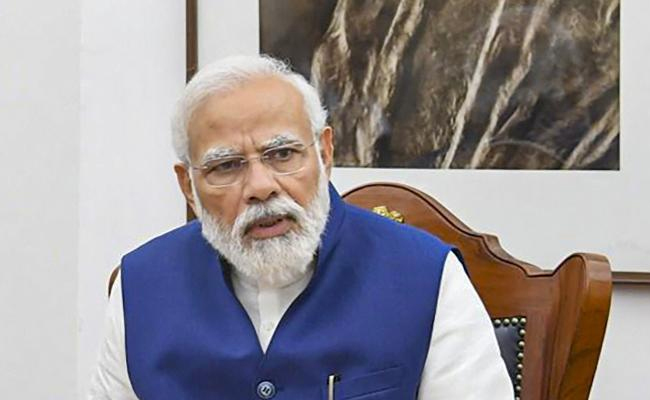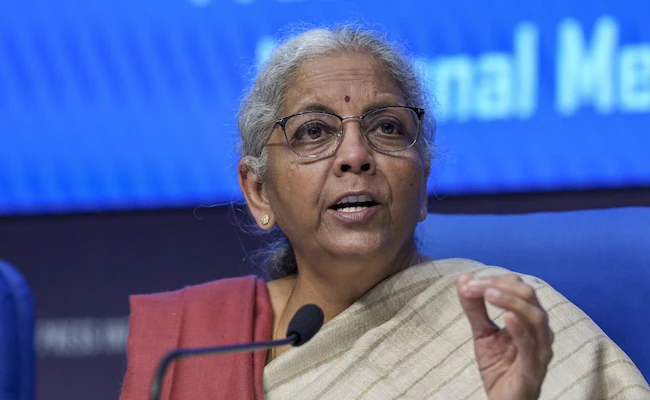Mumbai, Nov 7: The 1983 World Cup winner and ex-chairman of selectors, Sandeep Patil feels John Wright's approach of giving a free-hand to players led to his successful coaching stint with India, something his more authoritarian successors Greg Chappell and Anil Kumble failed to emulate.
In his autobiography -- Beyond Boundaries -- launched here on Wednesday, Patil gave deep insights in his book about the reason behind Wright's success as India coach vis a vis Chappell and Kumble.
Patil was privy to several developments of the tumultuous Chappell era as he used to attend selection and board meetings in his capacity as the then India A coach.
"Since 2000, India have had an array of international coaches and support staff. This has paid rich dividends, because India's overseas record has improved steadily. It all started with John Wright becoming India's first foreign coach.
"I think John was the ideal coach for India. He was soft spoken, polite, well-mannered, always kept to himself, and was happy to be in Sourav Ganguly's shadow.
"In addition to all that, he kept a distance from the Press. He managed that so well, that he was hardly in the news — unlike what happened in the Greg Chappell years," Patil wrote in his book.
"With Chappell, he was in the news every day. It is very important for a coach to first understand the policy of that particular board, the thinking of the board members, and the President. He should have a good rapport with the President and the Secretary, and of course the captain and the team. John did that wonderfully."
Patil observed that every player was equal and the team came first for Wright.
"...during his tenure, there was no 'seniors' and juniors' business. It was one team. He believed all seniors were leaders in some way, He gave them respect, and a free hand, which l feel Anil Kumble didn't do. Greg Chappell too," he wrote.
The former India coach felt that Chappell's aggressive approach did not suit the Indian dressing room atmosphere.
"Greg is a very strong personality; very aggressive. The moment Jagmohan Dalmiya said you have a free hand, he thought that he can change everything overnight. John waited, and learnt the system. Greg wanted to change the entire system, the entire thinking, and the selection process," Patil elaborated.
"He introduced flexibility in the Indian team, and he spoiled things for Rahul Dravid, who took over from Ganguly as captain. Irfan (Pathan) was asked to move up the order. Seniors don't like to change numbers, whether it is Sachin Tendulkar, Dravid, or Virender Sehwag.
"The other issue in the Greg Chappell saga was the presence of Ian Fraser as Assistant Coach. Most players didn't like his presence."
Patil said Chappell was in a hurry to introduce the Australian culture in the Indian system.
"Greg wanted to introduce the Australian culture, the Australian way of playing cricket, and the Australian way of thinking. He could've done it, but he didn't bide his time. That's where I think the rift started, and he was against a few seniors who were not toeing the line.
"Sourav is not a guy who will get up and start running and doing stretches. You need to give him time. I think Greg rubbed seniors the wrong way, though a few seniors didn't speak openly about him - some like Kumble still haven't. It's the same with Dravid. Ironically, Ganguly got him in, but was instrumental in his exit," he wrote.
Patil felt Gary Kirsten turned out to be the most successful Indian coach because of his closeness with the players.
"Gary Kirsten was very successful - you could say most successful, because his squad won the 2011 World Cup. Gary, again, was well-respected and soft-spoken. He had played against the same players and got runs. This counts, in a way.
"Having played in India, he knew what to expect. He also stayed away from the Press, and gave all his 24 hours to the team," he wrote.
Let the Truth be known. If you read VB and like VB, please be a VB Supporter and Help us deliver the Truth to one and all.
Hyderabad (PTI): The Telangana Commission for Backward Classes on Monday sought reports from state government officials on the death of an infant following alleged assault and caste abuse against her family members in Nagarkurnool district while visiting a temple fair.
In separate letters, Commission Chairman G Niranjan urged Endowments Department Commissioner S Harish and Nagarkurnool district Collector Badavath Santhosh to furnish the reports within three days.
Niranjan drew the officials' attention to media reports on the death of the two-month-old baby at Kummera village in the district and alleged caste discrimination and denial of entry to the temple fair to the baby's family belonging to a BC community.
BJP OBC Morcha's state unit president G Anand Goud alleged inadequate response by the police in the incident and demanded a transparent investigation into the incident.
Alleging that the deceased baby's father was attacked in the incident, he also demanded action against the attackers.
Goud told reporters that BJP's state unit president N Ramachander Rao would visit the village on February 24 and meet the baby's family members.
Meanwhile, a BRS delegation met DGP B Shivadhar Reddy and demanded a comprehensive inquiry into the incident.
The BRS leaders sought action against a person who allegedly attacked the infant's parents.
BC associations have held protests over the past few days regarding the alleged caste discrimination against the deceased infant's family members.
Police said on Sunday that four persons were arrested in connection with the cases registered after the family alleged that the baby died following an "assault" by a group of villagers. The family also alleged that they were abused in the name of caste in the incident on February 18.
However, a villager, part of the group, lodged a counter-complaint with the police the same day, alleging that he was attacked with stones during a scuffle with the family, sustaining a head injury, following which a case was registered.
The infant died on February 21 and her mother, who belongs to an SC community, also lodged a complaint alleging her daughter died due to the physical assault on the family by some villagers, police said.





